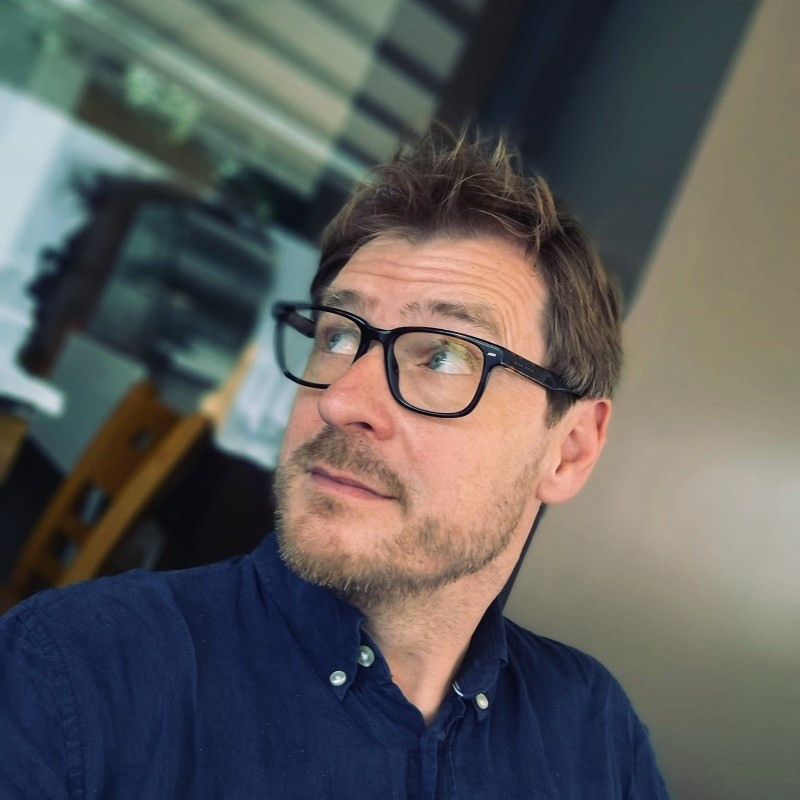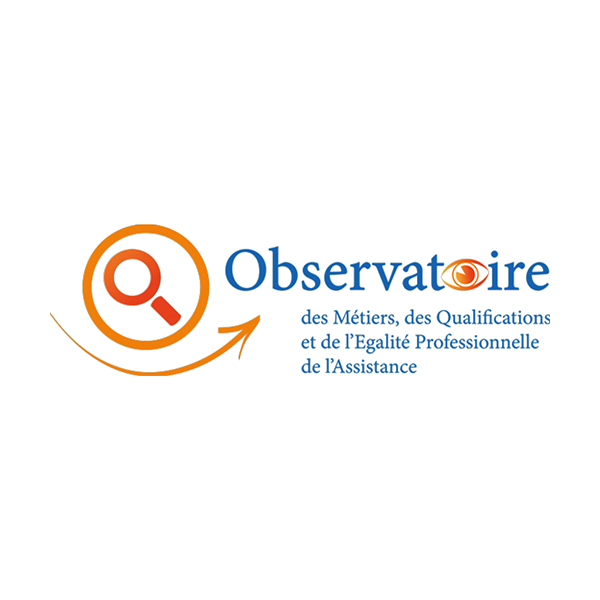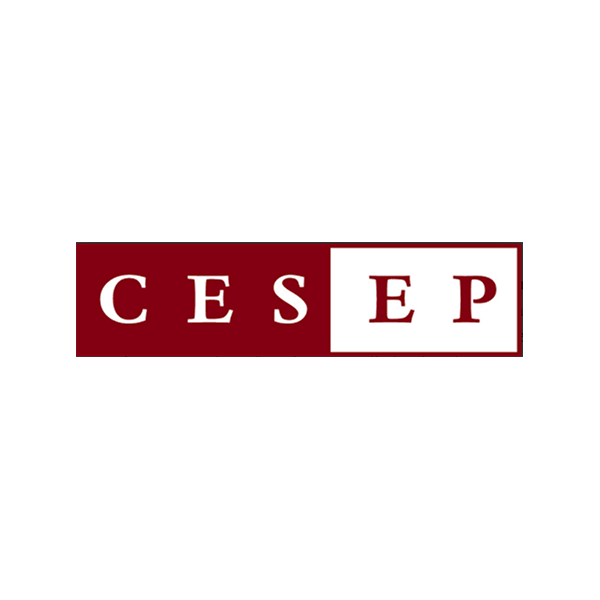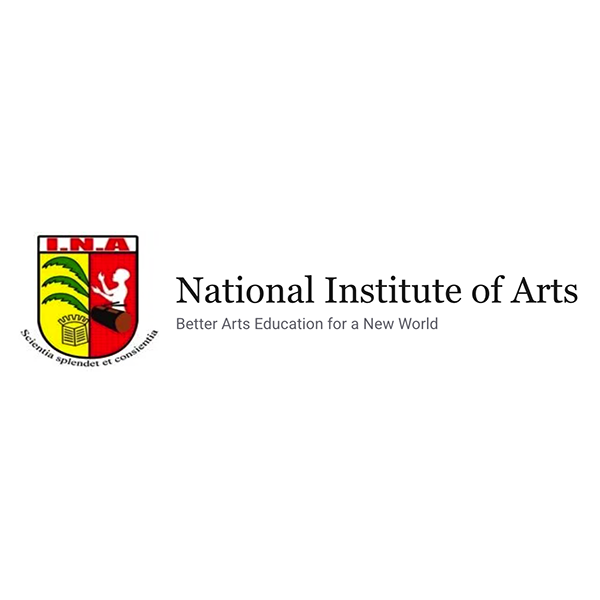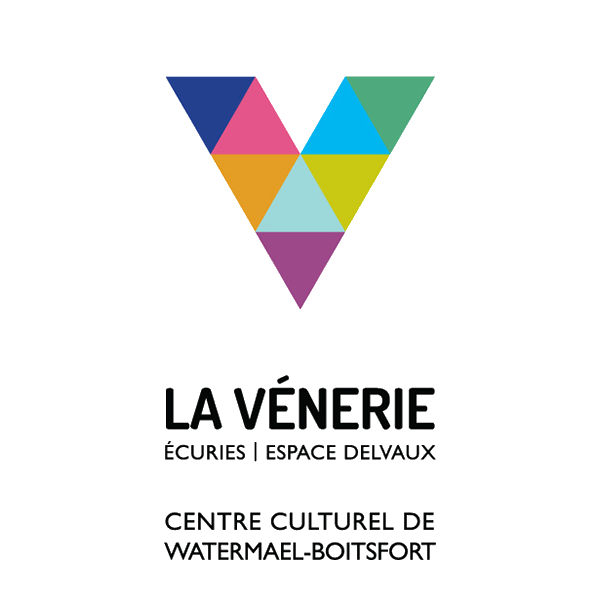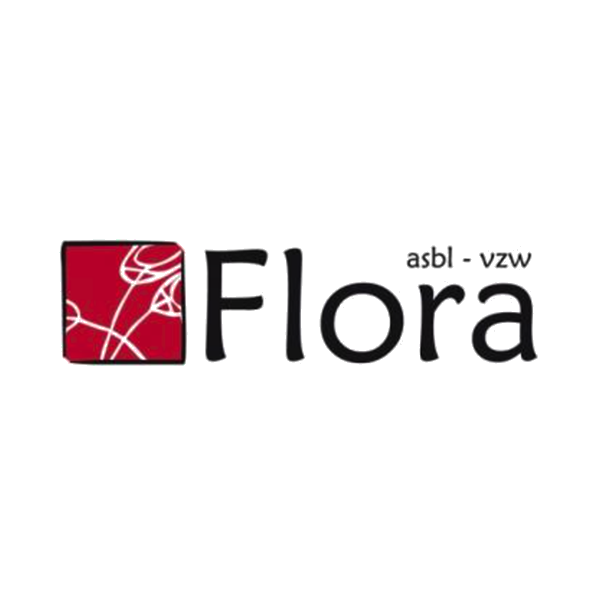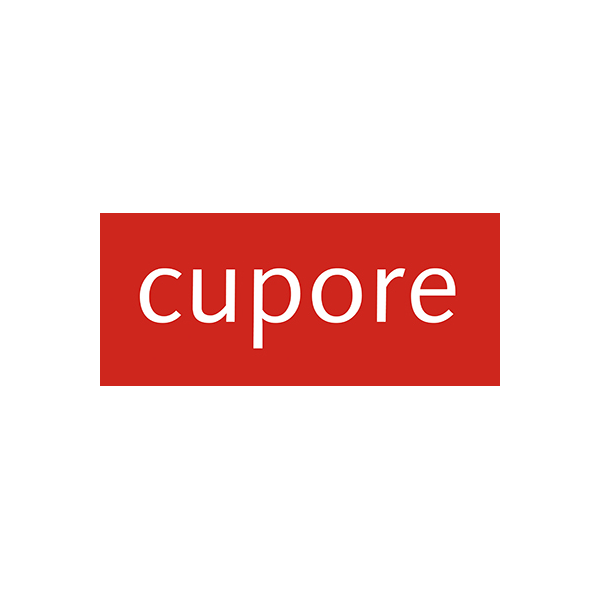Our purpose
Creating the conditions for cultural cooperation to become a driver of democratic transformation.
We believe culture fosters emancipation, social cohesion and territorial dialogue. To fulfil this potential, it needs skilled professionals, strong cooperation frameworks and active critical thinking.
Our mission
We strengthen the capacity of cultural actors to cooperate through:
Rigorous, human-scale training rooted in real-world challenges
Tailored support and program evaluation
Critical insight into cultural policy and practice
Our values
Purpose
Acting with direction and meaning — each action aims for empowerment and social impact
Empowerment
Learning to act independently — learners are co-creators of their experience
Openness
Bridging disciplines, cultures and ideas
Founded in 1980 in memory of Marcel Hicter, a pioneer of European cultural cooperation, the Marcel Hicter Association for Cultural Democracy (Marcel Hicter Foundation) is supported by the Wallonia-Brussels Federation and recognised as a lifelong learning organisation.
For over 40 years, it has trained, supported and connected cultural professionals across Europe and beyond. It has designed many programs and tools to strengthen individual and collective capacities in a shifting context.
Establishment of the Marcel Hicter Foundation for Cultural Democracy

Creation of the Marcel Hicter Foundation for Cultural Democracy. The FMH continues Marcel Hicter's intellectual and political legacy by placing culture at the heart of democracy and lifelong learning. Recognised since its inception as a lifelong learning organisation, it acts as a centre for training, research and advocacy, in constant dialogue with European and global geopolitical changes.
For cultural democracy
The Foundation publishes Pour une démocratie culturelle (Towards Cultural Democracy), a collection of Marcel Hicter's most important writings.
‘Rush to the East’
The fall of the Berlin Wall sparked a ‘rush to the East’. It became essential to include cultural operators from former communist countries in the European cultural arena.
Launch of the European Diploma in Cultural Project Management
Following the fall of the Berlin Wall, with the support of the Council of Europe, the FMH launched the European Diploma in Cultural Project Management (first session between Belgium and France). Throughout the 1990s, it built up a transnational network that now links Western and Eastern Europe.
Transnational cooperation
The Maastricht Treaty introduced cultural competence for the European Union for the first time (Article 128). In this context, the FMH trains cultural operators in transnational cooperation and access to new European funding. It thus prepares stakeholders to take advantage of the future Culture 2000 programme, which will be the first major cultural support mechanism at Community level. The Foundation also participates in the creation of European cultural networks (ENCATC, Trans Europe Halles, EFAH), which will leave their mark on these years through their militant action.
Res Urbis
Brussels is the European Capital of Culture. The FMH supports numerous Brussels-based operators in the design and implementation of their projects, providing them with strategic and methodological support. This experience of providing support then feeds into the launch of the Res Urbis training programme, designed to meet the specific needs of urban cultural operators.
Culture and sustainable development
The attacks of 11 September reshuffled the deck. In the wake of the anti-globalisation movement, the Foundation incorporated culture and sustainable development into its training programmes and stepped up its activities in the Mediterranean (programmes in Morocco, Lebanon and Tunisia), combining international cooperation and civic education.
It increasingly partnered with artistic and cultural collectives to rebuild its activities. The Res Urbis training programme was structured around experiences gained since Brussels 2000, with the aim of providing long-term support to urban cultural operators.
Pivotal year
- The FMH contributes to the development of the Continuing Education Act in Belgium, notably through actions carried out with emerging cultural collectives.
- It has begun regularly publishing studies and critical analyses on transformations in the cultural field (cultural rights, cooperation models, globalisation, ecological and digital transition). This editorial activity has continued and expanded over the years.
European-wide research programmes
In the wake of UNESCO's adoption of the Convention on the Diversity of Cultural Expressions, the FMH is rolling out research programmes across Europe, equipping professionals to tackle issues of diversity, participation and cultural policy.
Arab Spring
The Arab Spring serves as a reminder of the power of young people and civil society to bring about change. The Foundation is strengthening its partnerships in the Mediterranean region and continuing to expand into Central and Eastern Europe, supporting the emergence of new generations of cultural professionals.
The Foundation adapts and consolidates its programmes
Against the backdrop of the pandemic, the war in Ukraine and ecological and digital transitions, the Foundation is adapting its formats (hybrid, remote) and consolidating its incubation and training programmes in Europe and beyond, notably through the PIICC Morocco, Benin and DRC programmes. It continues to publish analyses and critical studies (initiated in 2003) that examine major trends in the sector and inform its actions: from democratisation to cultural democracy, from national education to lifelong learning, from culture as heritage to culture as a fundamental right and lever for sustainable development.
Symbolic year
- The FMH becomes an observer member of civil society under the 2005 UNESCO Convention on the Diversity of Cultural Expressions, confirming its role as an international watchdog, liaison and influencer.
- The European Diploma in Cultural Project Management celebrates its 30th anniversary and now has a network of more than 5,600 alumni, cultural operators active in 50 countries: in Europe, Africa, the Near and Middle East, the Caucasus and North America.
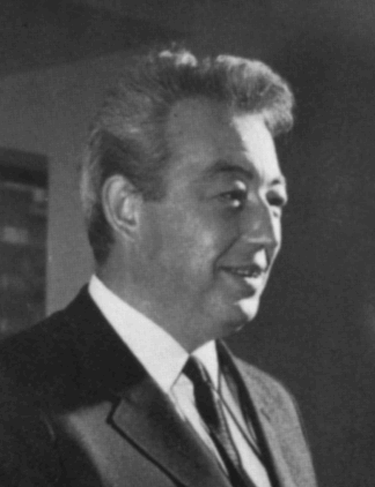
Marcel Hicter (1918–1979) remains one of the leading figures of cultural thought and action in Europe. A doctor in classical philology, educator, and politician, he devoted his life to making culture a tool of democracy and emancipation.
As Director-General of Youth and Leisure (1963–1979), he placed young people’s participation and autonomy at the center of his policies, anticipating the aspirations of May 1968. A visionary, he founded two concepts that have since become central: cultural democracy, which makes culture a collective construction, and lifelong education, conceived as continuous learning in the service of civic emancipation.
At the Council of Europe, during the Athens colloquium in 1976, he summed up his thinking in a phrase that became famous:
“Culture is an attitude… the priority given to being more rather than having more… a demand for openness and dialogue.”
A pioneer of international cultural action, he committed Belgium to European cultural policies and contributed, within the Non-Aligned Movement, to promoting cultural cooperation as a tool for peace and emancipation.
A prolific writer, poet, and playwright in the Walloon language, Hicter left behind a body of work where classical heritage engages in dialogue with his popular roots. More than forty years after his passing, his legacy continues to inspire all those who believe that culture is the driving force of a fairer, freer, and more humane society.
Acting as a connector
The Foundation connects cultural operators, researchers and policymakers. It values cultural practices, fosters cooperation grounded in mutual respect, and contributes to the debate through action research and publications.
Our team brings together dedicated professionals active in training, research and cultural policy. We collaborate with a wide network of experts, partners and alumni across Europe and beyond.
